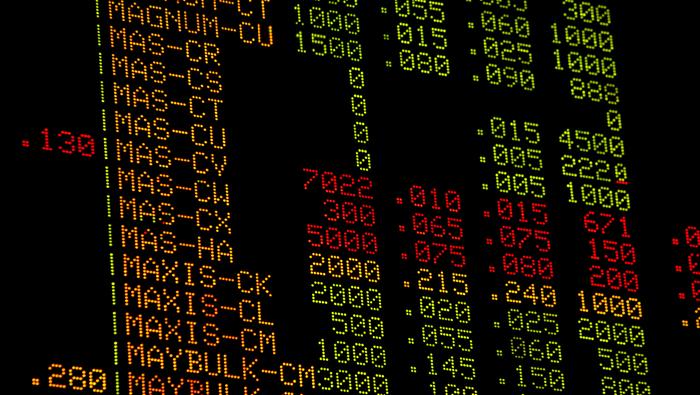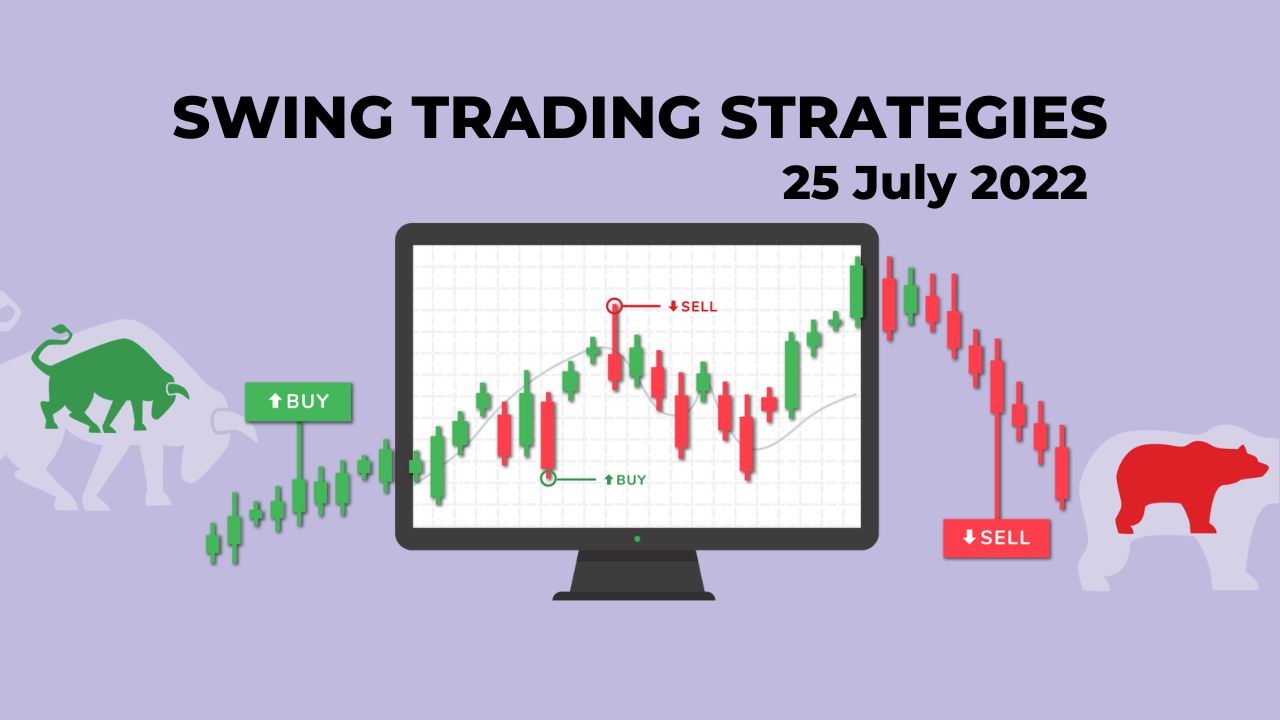
Purchasing a bond is an investment that pays you fixed interest for a set period of time. You can be certain that your bond will return all of its money, unlike equities. The bond's value may decrease as interest rates rise. This should be considered when you make a purchase.
Bonds can be a great way of diversifying your portfolio. When investing in individual bonds, you may have to purchase several different types of bonds in order to achieve the same level of diversification. Also, you are not guaranteed that all of your bonds will be held to maturity. A company can default on a bond if it fails to fulfill its obligations. A bond fund can help mitigate this risk.

There are many types to choose from: federal, state, and local bonds. Investors are more likely to choose government bonds because they have higher prices. Bonds can be more durable in times when there is economic uncertainty. If you are considering purchasing a bond, it is wise to seek advice from a financial advisor or other sources.
A bond fund is a type of mutual fund, typically administered by a bond fund manager. A bond fund's main purpose is to offer you a portfolio that meets a specific target maturity level. The fund's managers do not have the same rights as investors. A fund can keep a large amount of cash in reserve for redemptions or to offset costs associated with maintaining it. You can also sell bonds if you lose your fund. Bond funds can be a great way to earn capital gains and keep your principal intact.
Bonds and bond funds can perform well in a rising interest rate environment. While the bond market is not exactly liquid, it can be a good bet for investors who have a long investment horizon. A bond fund is a great safety net for those in recession. Investors are able to afford patience as long interest rates rise at a moderate rate. However, a steep hike at the long end of the yield curve can wreck havoc on bonds with long life spans.
While there are no guarantees that your bond fund will perform well, a well-diversified portfolio of bonds may be the best way to achieve the same level of diversification. Although bond funds are not as long-lasting as individual bonds they can still offer attractive yields. You may also be able to get additional returns by purchasing bonds of shorter duration.

One of the main differences between a bond fund or individual bonds is that it may be more difficult for a fund to rebalance. It may also have higher trading expenses. These may negate any gains from the original purchase. It is also more difficult to find that perfect bond.
FAQ
How do I choose an investment company that is good?
A good investment manager will offer competitive fees, top-quality management and a diverse portfolio. The type of security that is held in your account usually determines the fee. Some companies charge no fees for holding cash and others charge a flat fee per year regardless of the amount you deposit. Others may charge a percentage or your entire assets.
Also, find out about their past performance records. A company with a poor track record may not be suitable for your needs. Avoid low net asset value and volatile NAV companies.
Finally, you need to check their investment philosophy. A company that invests in high-return investments should be open to taking risks. If they aren't willing to take risk, they may not meet your expectations.
How does inflation affect the stock market?
Inflation is a factor that affects the stock market. Investors need to pay less annually for goods and services. As prices rise, stocks fall. Stocks fall as a result.
What is the difference?
Brokers are individuals who help people and businesses to buy and sell securities and other forms. They manage all paperwork.
Financial advisors have a wealth of knowledge in the area of personal finances. They use their expertise to help clients plan for retirement, prepare for emergencies, and achieve financial goals.
Banks, insurers and other institutions can employ financial advisors. They may also work as independent professionals for a fee.
It is a good idea to take courses in marketing, accounting and finance if your goal is to make a career out of the financial services industry. You'll also need to know about the different types of investments available.
Statistics
- Our focus on Main Street investors reflects the fact that American households own $38 trillion worth of equities, more than 59 percent of the U.S. equity market either directly or indirectly through mutual funds, retirement accounts, and other investments. (sec.gov)
- The S&P 500 has grown about 10.5% per year since its establishment in the 1920s. (investopedia.com)
- Ratchet down that 10% if you don't yet have a healthy emergency fund and 10% to 15% of your income funneled into a retirement savings account. (nerdwallet.com)
- "If all of your money's in one stock, you could potentially lose 50% of it overnight," Moore says. (nerdwallet.com)
External Links
How To
How to make your trading plan
A trading plan helps you manage your money effectively. It will help you determine how much money is available and your goals.
Before setting up a trading plan, you should consider what you want to achieve. You might want to save money, earn income, or spend less. You might want to invest your money in shares and bonds if it's saving you money. You can save interest by buying a house or opening a savings account. If you are looking to spend less, you might be tempted to take a vacation or purchase something for yourself.
Once you decide what you want to do, you'll need a starting point. It depends on where you live, and whether or not you have debts. It is also important to calculate how much you earn each week (or month). Your income is the net amount of money you make after paying taxes.
Next, you need to make sure that you have enough money to cover your expenses. These expenses include rent, food, travel, bills and any other costs you may have to pay. Your monthly spending includes all these items.
Finally, you'll need to figure out how much you have left over at the end of the month. This is your net income.
You now have all the information you need to make the most of your money.
To get started, you can download one on the internet. Ask an investor to teach you how to create one.
For example, here's a simple spreadsheet you can open in Microsoft Excel.
This displays all your income and expenditures up to now. Notice that it includes your current bank balance and investment portfolio.
Here's an additional example. This was created by a financial advisor.
This calculator will show you how to determine the risk you are willing to take.
Remember: don't try to predict the future. Instead, put your focus on the present and how you can use it wisely.